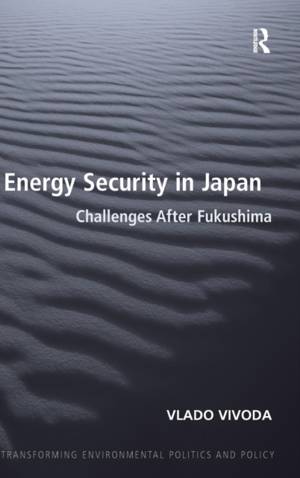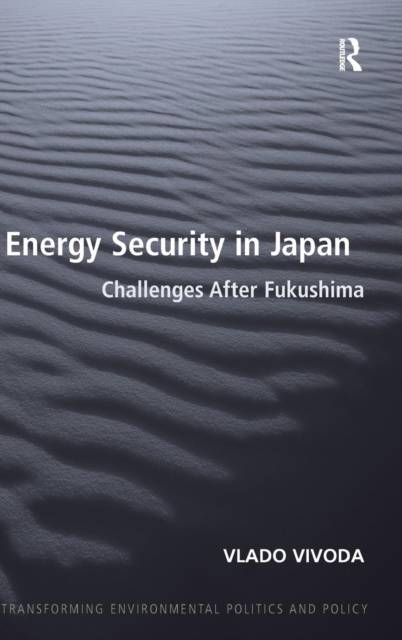
Bedankt voor het vertrouwen het afgelopen jaar! Om jou te bedanken bieden we GRATIS verzending (in België) aan op alles gedurende de hele maand januari.
- Afhalen na 1 uur in een winkel met voorraad
- In januari gratis thuislevering in België
- Ruim aanbod met 7 miljoen producten
Bedankt voor het vertrouwen het afgelopen jaar! Om jou te bedanken bieden we GRATIS verzending (in België) aan op alles gedurende de hele maand januari.
- Afhalen na 1 uur in een winkel met voorraad
- In januari gratis thuislevering in België
- Ruim aanbod met 7 miljoen producten
Zoeken
Omschrijving
For a country already uneasy about energy security, the 2011 earthquake and tsunami, which caused a nuclear catastrophe at the Fukushima nuclear power plant, turned pre-existing Japanese concern about the availability of energy into outright anxiety. The subsequent closure of many nuclear reactors meant Japan needed to replace lost power quickly and so had no choice but to secure additional fossil fuels, undermining Japanese diversification policy and increasing global and regional competition for energy. This switch has been at a cost to the already weak Japanese economy whilst the increase in fossil fuel consumption has caused a significant increase in greenhouse gas emissions. In this book Vlado Vivoda examines the drastically changed environment following the disaster in order to analyse Japan's energy security challenges and evaluate Tokyo's energy policy options. Looking at how the disaster exacerbated Japan's existing energy security challenges, Vivoda considers the best policy options for Japan to enhance national energy security in the future, exploring the main impediments to change and how they might be overcome.
Specificaties
Betrokkenen
- Auteur(s):
- Uitgeverij:
Inhoud
- Aantal bladzijden:
- 248
- Taal:
- Engels
- Reeks:
Eigenschappen
- Productcode (EAN):
- 9781409455301
- Verschijningsdatum:
- 16/04/2014
- Uitvoering:
- Hardcover
- Formaat:
- Genaaid
- Afmetingen:
- 156 mm x 234 mm
- Gewicht:
- 526 g

Alleen bij Standaard Boekhandel
+ 610 punten op je klantenkaart van Standaard Boekhandel
Beoordelingen
We publiceren alleen reviews die voldoen aan de voorwaarden voor reviews. Bekijk onze voorwaarden voor reviews.









